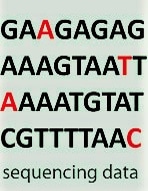Pros and Cons of CRISPR: Simple Tips for Weighing Up CRISPR for Genome Editing
While CRISPR offers vast applications in disease research and drug target identification, it’s not always the optimal choice for every scenario. Explore the main advantages and challenges of using CRISPR-Cas9 to determine if it’s the right fit for your project.










